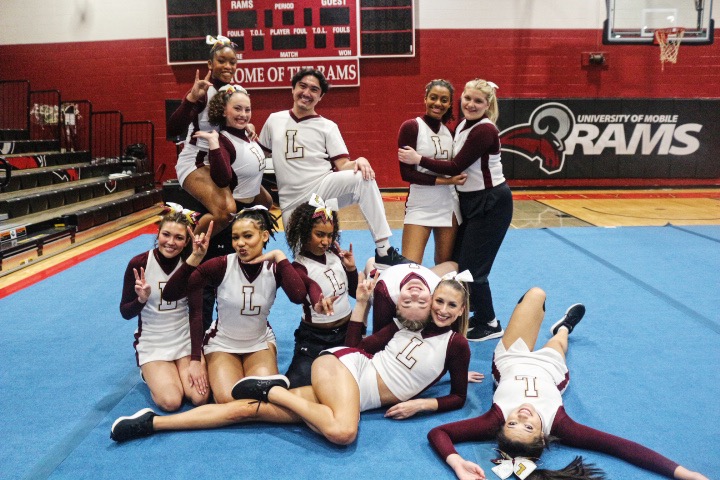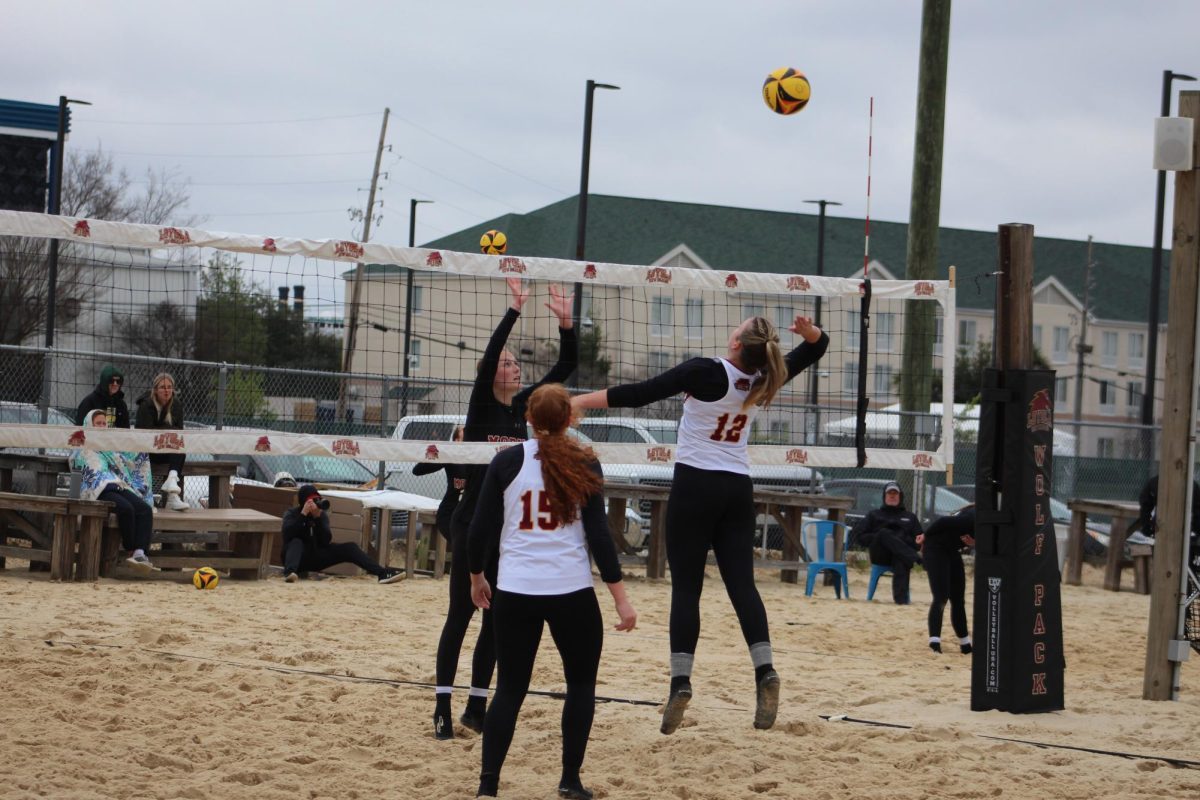Loyola’s athletic program came to a halt in the spring of 1972 when University President the Rev. Michael F. Kennelly, S.J. announced that the university would discontinue intercollegiate athletics.
In the years following the cancellation of intercollegiate athletics The Maroon focused its sports coverage on intramural athletics until 1991 when intercollegiate sports were reinstated.
The announcement was made at a press conference in the Danna Center on Jan. 28.
“The Board of Directors of Loyola University has authorized me to announce its decision to discontinue intercollegiate athletics at the end of the current semester and to concentrate, instead, on a broad-based program of intra-university athletics to benefit more students,” Kennelly said. “The reasons for the board’s decision are educational and financial. Private universities…are experiencing economic difficulties and have been required to reassess their priorities in light of its financial and educational needs.”
In the Feb. 4, 1972 issue of The Maroon, basketball co-captain Tim Schneider described his reaction to the announcement as an immediate let down.
“I think the students, especially the athletes, should have heard something about it beforehand rather than hearing it here. The timing of the announcement is very bad,” Schneider said.
The decision to cancel the athletic program came as more of a shock than a surprise to then-baseball coach Lou “Rags” Scheuermann, who was quoted in the Feb. 4 issue of The Maroon.
“It’s like death – you know it’s going to come, but it’s a shock when it finally arrives,” he said.
Scheuermann said that he felt the athletics program was poorly run and that its lack of leadership, in the form of a Sports Information director, led to the program’s demise.
“We had the money for intercollegiate athletics. That was no problem. It just wasn’t run right. Since we did not have leadership, we did not have a strong program,” Scheuermann said.
In the same Maroon issue, basketball coach Bob Luksta agreed with Scheuermann’s sentiments, saying the program lacked organization and job positions.
“There was no leadership and no organization. We needed a ticket manager, a field house manager, a full-time director of athletics and a business manager,” Luksta said.
Scott Obrien can be reached at [email protected]







